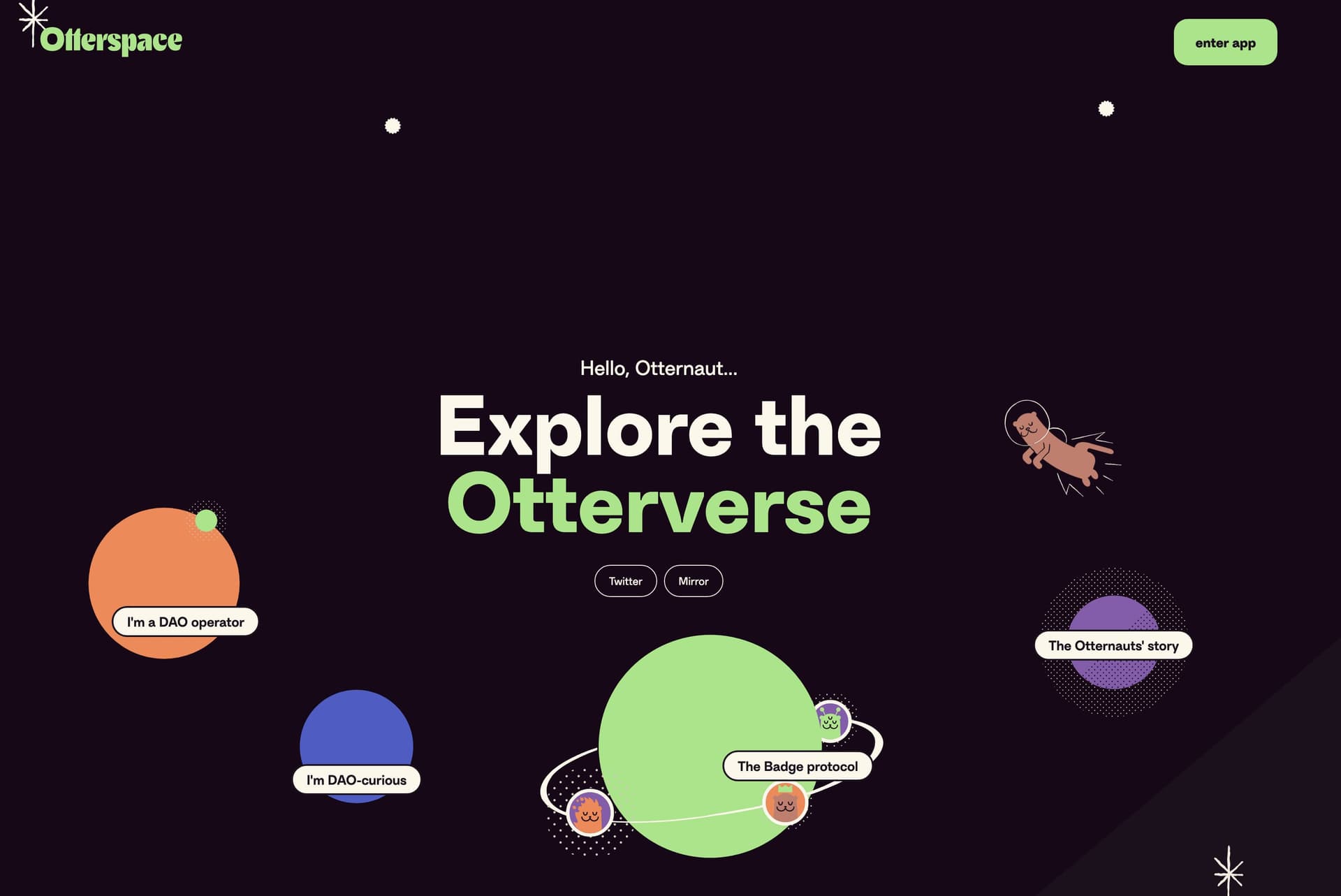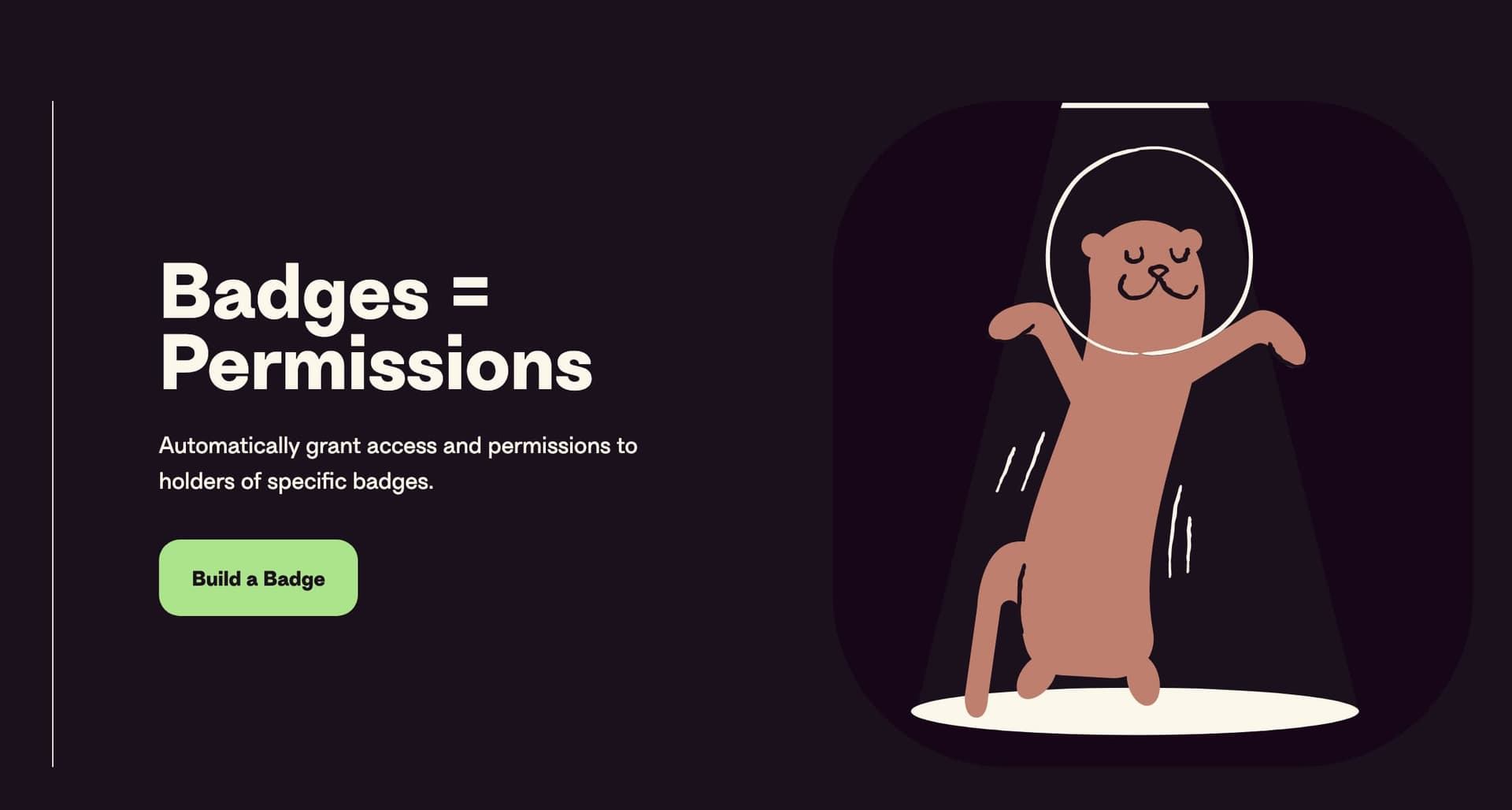
How to Use DAO Credential Tools
Written by Frederik B
Credentials serve as a means of verifying an individual's specific skills or knowledge. Traditionally, credentials take the form of degrees earned from universities, certifications obtained from professional organizations, and badges acquired through online courses.
Even traditional firms can face challenges when it comes to verifying credentials, often relying on methods such as resumes and word-of-mouth. However, these approaches have inherent flaws in terms of accuracy, efficiency, cost, time, and privacy. Background checks, in particular, suffer from these shortcomings.
Why do DAOs need credential tools?
In a DAO, where everyone is pseudo-anonymous, verifying credentials is even more difficult. That's why there's need for credential tools in the DAO space. These tools, like Otterspace, aim to provide a better way to verify credentials. Otterspace is an open-source tool that anyone can use to create and manage credentials for a DAO.
How to Setup Otterspace for Your DAO
Setting up Otterspace is a simple 3-step process:
1. The first step is to visit the Otterspace website. Once you are on the website's homepage, click on "The Badge Protocol" to initiate the process of creating your badge.

2. From the Badge menu, continue scrolling until you come across the "Badges = Permissions" section and click on the "Build a Badge" button.

3. To personalize your Badge, enter the badge name, badge art, and expiry date as applicable and finally, register your Badge, as depicted in the screenshot below.

That's it, you've successfully created your own Badge. After creating a badge, you can now transfer it to anyone, with the transaction being securely recorded on the blockchain. This offers a reliable method to verify an individual's credentials, eliminating the need to depend solely on word-of-mouth.
List of DAO credential tools
In addition to Otterspace, there are several alternative DAO Credential tools available including:
iDX - an open-source, multi-platform identity protocol that enables users to build a unified digital identity and effortlessly share their data across various apps.
ENS - known as your Web3 username, ENS (Ethereum Name Service), serves as a centralized hub for managing all your cryptocurrency addresses and decentralized websites.
brightID - a Web3 credential tool that is a non-intrusive, decentralized, open-source technology seeking to reform identity verification.
Violet - a powerful Web3 compliance and identity infrastructure platform for DeFi (decentralized finanance).
Proof of Humanity - a platform where users can build their Web3 decentralized digital identity that is AI-resistant and economically incentivized.
Spruce - an ecosystem of open-source tools to enable user-controlled identity anywhere on the web.

Related overviews
Learn how Japan's government is accelerating innovation and how companies are using blockchain technology.
Japan Airlines and Calbee, a Japanese Snack Food company, are using NFTs to promote tourism and brand loyalty.
WaveHack is the biggest web3 hackathon in Japan, and is being held from mid-April to the end of August 2024.

Build blockchain magic
Alchemy combines the most powerful web3 developer products and tools with resources, community and legendary support.